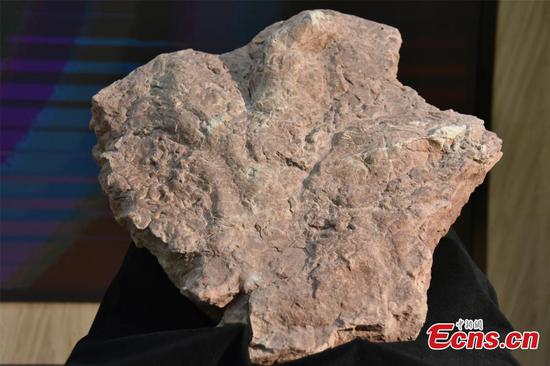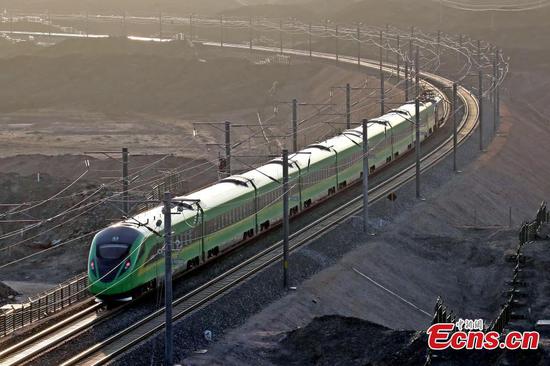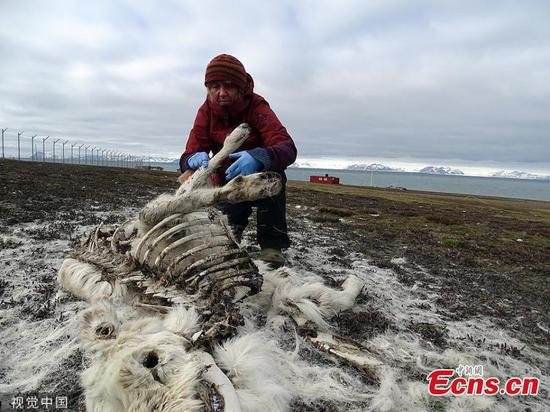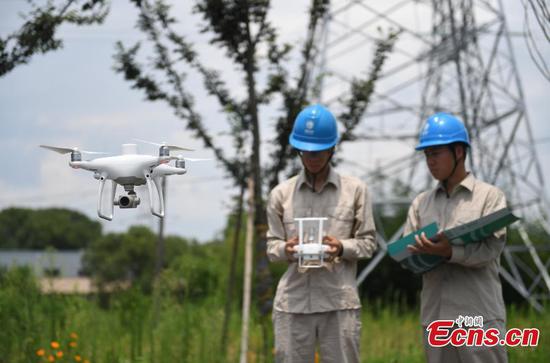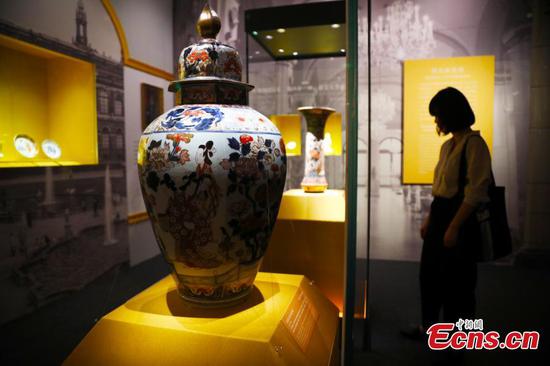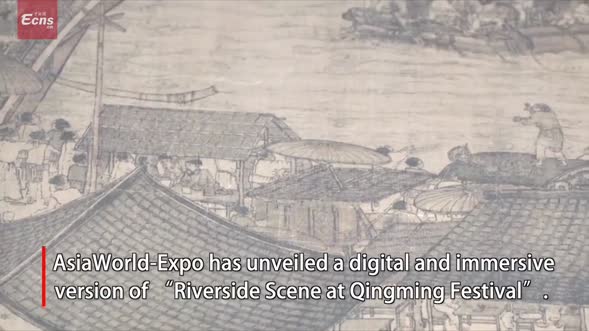Despite a trend in the US at the national level to view China as a strategic competitor, Oregon's governor and a former governor of Missouri favor closer collaboration with their Chinese counterparts.
The costs, benefits and impact of subnational exchanges was the topic of a forum titled "US-China Relations: The View From Cities and States", at the John L. Thornton China Center at the Brookings Institution on Monday.
"Oregon sees the relationship as critically important, both on the cultural and educational sides, obviously the economic side," said Oregon Governor Kate Brown. "In terms of culturally, the first national authentic Suzhou garden in Portland is a very important part of our city."
The Lan Su Chinese Garden in Portland is considered the most authentic Suzhou-style garden outside of China.
"We continue to build our relationships throughout, like sister-city relationships. And we continue to build our ties one person by one person," Brown said.
Education also was a topic at the forum.
Bob Holden, Democratic governor of Missouri from 2001 to 2005, who is chairman and CEO of the United States Heartland China Association, said that "if you build the right cultural relationships throughout your culture, throughout your education, you can link those cultures".
In 2017, international students contributed $42.4 billion to the US economy through tuition, room and board, and other expenses, according to the US Department of Commerce.
"Also, during my trip to China, I saw students from China present little gifts to my little son. … I learned that what we can do is find good people in both cultures and build relationships," said Holden.
James Fallows, national correspondent for The Atlantic, who moderated the conversation, asked whether the Confucius Institute has been meddling in American politics through its activities on US campuses.
The Confucius Institute is an educational organization, whose aim is to promote Chinese language and culture, support the teaching of Chinese internationally and facilitate cultural exchange.
Holden said he believes that "closing doors and building walls is conveying a message that you are not going to work together ever".
"The reason that we had world war is that we didn't have relations; we weren't connected. And look at the price that we paid," he said.
Resolving the trade dispute also was a pressing topic, although the standoff showed signs of a thaw this week with talks planned in Shanghai.
To Oregon, a state with 4.2 million people, "trade is so critically important", Brown said.
"We are, in terms of the states, one of the top 10, in terms of our dependence on trade. And we are one of four US states that has China as our largest trading partner. So it is really key for us," she said.
"What is happening nationally has had a chilling effect on commodity prices and our ability to sell goods to China," the Oregon Democrat said. "It's been extremely detrimental, particularly in the agriculture sector, which is a huge drag on Oregon's economy."
Holden said "the tariffs hit our region (the Midwest) harder than anybody else, in terms of agriculture, manufacturing".



















